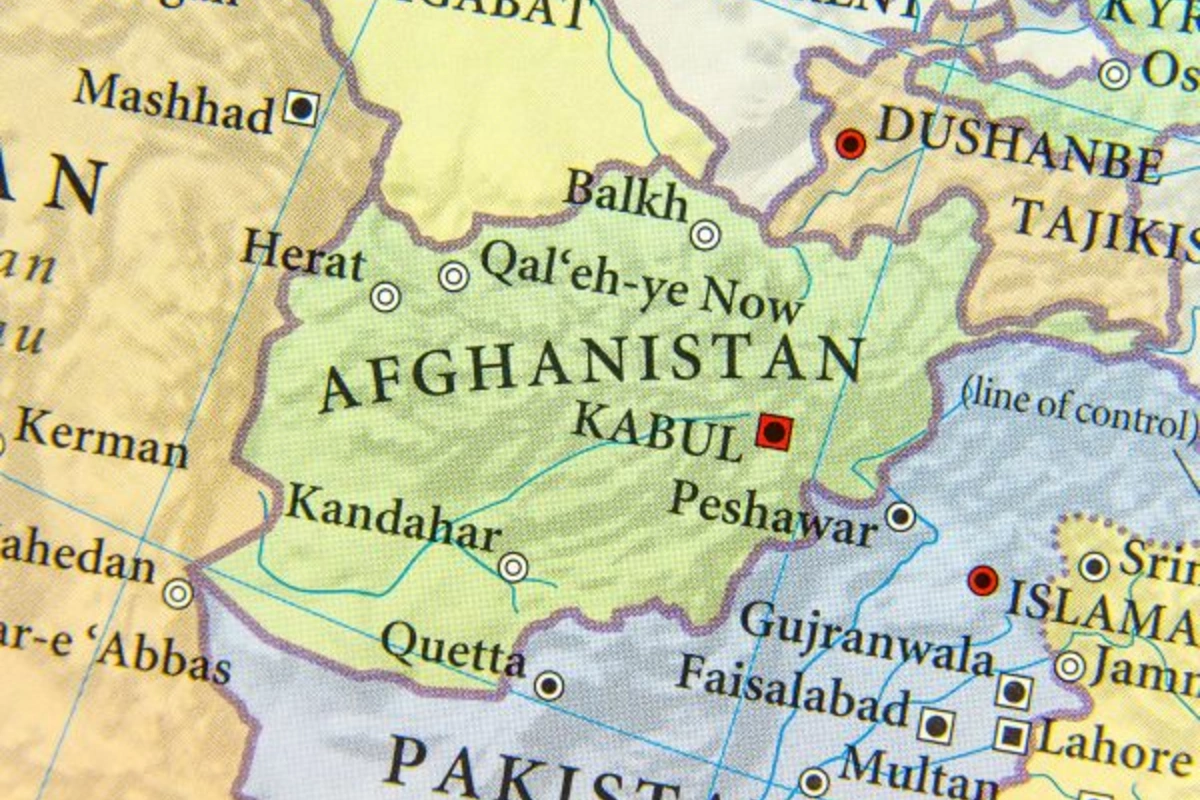
Depositphotos
Afghanistan, is located at the heart of Central Asia and the crossroads of two strategically important regions, Central and South Asia. Its geographic location and rich natural resources have made it a key player in the geopolitical dynamics of the region, The Caspian Post reports citing foreign media.
In this context, security crises and economic challenges have made the position of Afghanistan quite relevant. Among these factors, two are directly related to the situation in Afghanistan and its relations with its neighbors and global powers: energy and security. In light of these areas, an analysis of the current circumstances in which the country finds itself may shed light on the place of Afghanistan in the present world dynamics and the opportunities or challenges facing it.
Afghanistan is important for the transmission of energy from Central Asia to the rest of Asia and beyond, due to its favorable geographical location.
Central Asian countries, especially Turkmenistan, are rich in energy resources, such as natural gas, which needs an energy transmission pipeline for domestic purposes and export to other countries.
Afghanistan is the key route for these pipelines and stands central in supplying energy to the net consumer countries in South Asia, par ticularly India and Pakistan. Projects such as the “TAPI” pipeline, transporting Turkmenistan’s gas through Afghanistan into Pakistan and then to India, are emblematic examples of Afghanistan’s importance from the point of view of the energy sphere.
In addition, Afghanistan is a country with rich deposits of different minerals, including copper, gold, lithium, coal, and other metals, which can play an important role in the economic development of the country. These resources can serve as a key driver for the economic development of Afghanistan and its neighboring countries.
Under better conditions of security and extraction and use of these resources, Afghanistan might become one of the most important raw material suppliers in various industries globally. Most importantly, in a time when there is a rising demand for rare metals and lithium batteries all over the world, Afghanistan has a big potential to become crucial in these respects.
In the past, one of the major challenges facing our country was security challenges, which fortunately have been resolved after the Islamic Emirate came to power. At this time, there are different opportunities for international cooperation in various fields that can play a constructive role in improving the security and economic situation of the region.
Central Asian countries, particularly Turkmenistan, Uzbekistan, and Tajikistan, can play an effective role in collaborating with Afghanistan to ensure border security, counter shared terrorist threats, and develop joint energy infrastructure. Such cooperation not only strengthens Afghanistan’s security but also supports the economic development of neighboring countries, particularly, joint energy projects like the “TAPI” pipeline can bring significant economic benefits to all involved countries, including Afghanistan.
In addition, global powers like China and India can work in tandem with our country and Central Asian nations to develop common interests. China, as a key regional player and one of the most energy-consuming nations, can use Afghanistan as a transit corridor for energy and raw materials.
Besides, China can help promote our economic situation and increase regional stability by investing in infrastructure and energy projects within Afghanistan. In this vein, a great opportunity for our country is indeed the “Belt and Road Initiative” of China. It could improve infrastructure, bring about employment opportunities, and widen trade traffic in Afghanistan.
Afghanistan must develop a strategic objective of making full use of its geography through the proper strengthening of its diplomatic and economic ties with regional states and the great powers for its progress. In these regards, security improvement in Afghanistan will allow internal stability, improve regional and international cooperation, and transform this country into an important passage for the transportation of fuel and minerals.
In addition, Afghanistan should utilize modern technologies and technical expertise to develop its domestic resources, especially in the energy and mining sectors. This will not only contribute to the economic growth of the country but also contribute to security and stability at the regional level.
Conclusively, the strategic location and rich natural resources of Afghanistan create immense opportunities to enhance its role in the geopolitical dynamics of Central Asia. Building on these opportunities, Afghanistan should focus on strengthening regional security cooperation, especially with its Central Asian neighbors, in combating shared threats and improving border security.
Advancing joint infrastructure projects, such as TAPI and CASA-1000, may drive economic growth and regional integration. Improvement in the security situation and economic reforms will also encourage foreign investment, especially in the energy and mining sectors. Afghanistan, by using modern technologies for the efficient use of its natural resources, can position itself as a key supplier in global markets.
Finally, strengthening diplomatic ties with global powers like China and India will further enhance Afghanistan’s economic prospects and regional stability, paving the way for sustainable development and a stronger presence in international affairs.
Share on social media